The amended Motor Vehicles Act came into effect on Sunday, the 1st of September, and commuters around town got a taste of some bitter medicine. In fact, one motorist even received a challan of a staggering Rs. 23,000 by the Gurugram police after he was found flouting multiple rules.
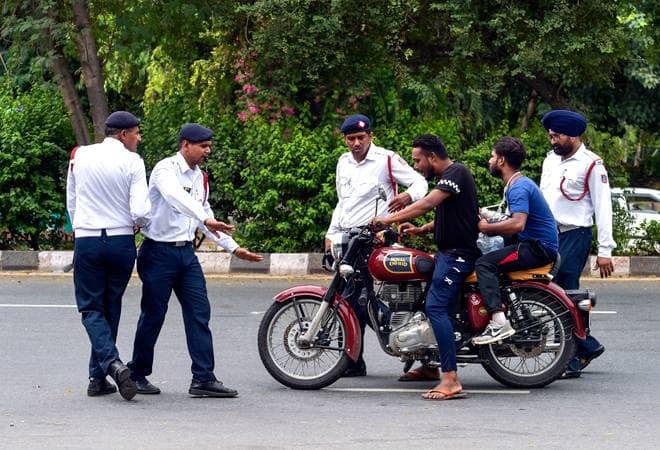
But while most have been decrying the harsh new penalties, one also has to wonder why we need such extreme rules to follow basic safety precautions.
Currently, traffic in the city is a nightmare – people drive rashly and negligently, many of them don’t carry their papers, and a whole lot of folks don’t wear a helmet while riding a two-wheeler. Not only are these things against the laws, but they also put the individuals plus the people around them in mortal danger.
I am absolutely OK with huge fines for breaking traffic rules
— Srivatsa (@srivatsayb) September 6, 2019
But let’s also start fining our Minister/MP/MLA/Mayor/Corporator for pathetic roads
One can’t levy Scandinavian-level fines for African-level infrastructure#PayUpMinister
People don’t go along with the laws because if they’re caught, they could just pay a nominal fine and go ahead with their day. But honestly, these things should come naturally to us.
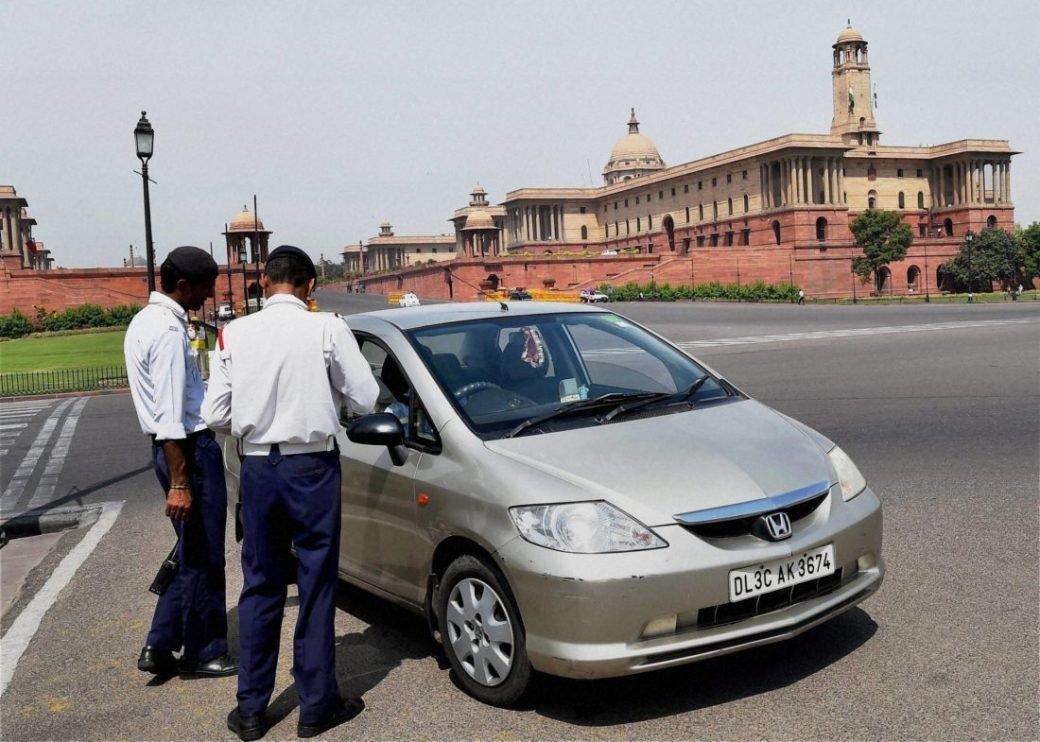
Remember when a heavy fine was introduced in case a person wasn’t wearing their seat belt? That led to a hue and cry at first, but it was the only way for us to actually start wearing the belt consistently.
Basically, we were forced into following a life-saving practise because of the fear of strict consequences. That’s not to say it’s the best way to inculcate a culture of safe driving, but in some cases it does work.
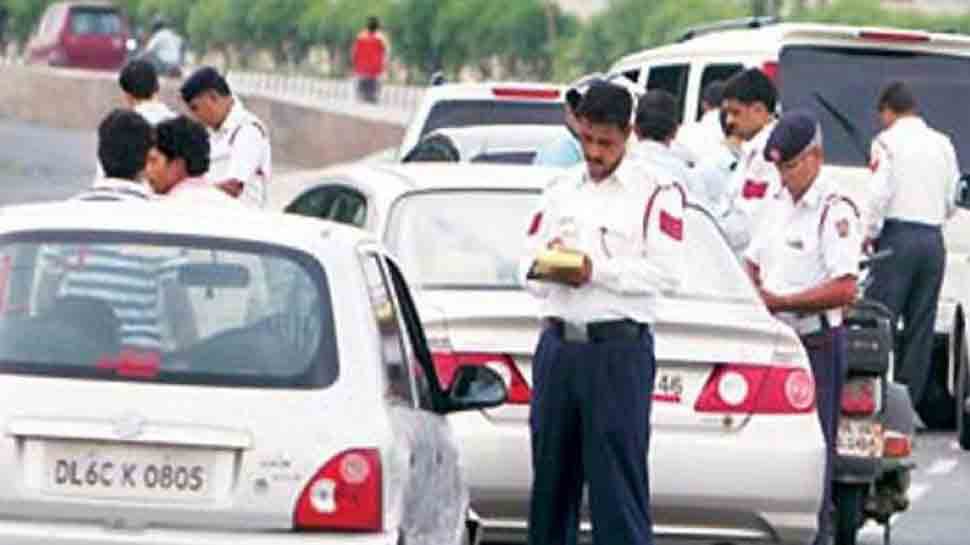
The problem is, we shouldn’t need to do things based on fear of monetary or legal consequences – we should do it because it can save lives and protect people.
My take of traffic violation fines, when people can’t afford Parle G, you need not fine them a months salary. If you need reform, make them do community service, will help in this culture of hate.
— #DabangKhatoon پربھا (@deepsealioness) September 6, 2019
You know what needs stricter punishments? Mob lynching
Stop glorifying fines 🙄
Take the example of Singapore, where there are massive fines for any kind of of rule-breaking. While it has forced both locals and tourists to follow rules, such an atmosphere can also feel stifling.
So I know that the new traffic violation fines are insane, but why are they a bad thing? You don’t have to pay them unless you break a traffic law. Why must we always assume laws will be broken? If you can’t afford to pay these fines don’t break the damn laws. 🙄
— Ishita Yadav (@IshitaYadav) September 6, 2019
The methods that places like Singapore have utilised are effective, but some would also say it is extreme. While we’re not saying India should follow the same route, things like driving without a license or without a helmet should definitely have stringent consequences.
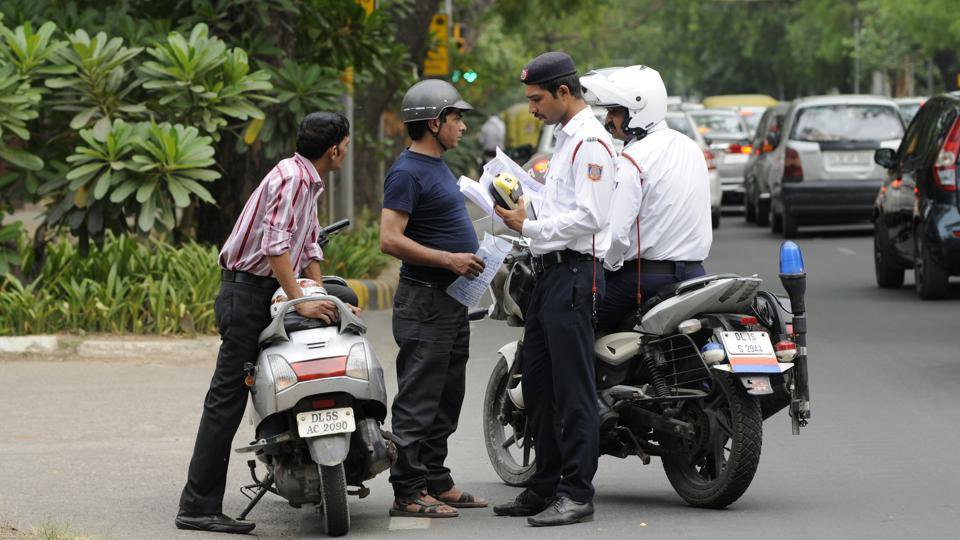
Introducing higher fines on errant drivers has its own problems. Fining the same amount to a wealthy driver and an auto wallah is an unfair practise, but it’s almost like we’re left with no choice.
Please introduce EMI system for paying traffic fine challans…
— सौरभ सासे (@saurabhsase) September 5, 2019
.
We can mortgage the vehicle against loan…
.@PuneCityTraffic #TrafficFines
Someone who makes a lot of money won’t exactly have trouble paying off a hefty fine, as it’ll just put a slight dent in their pocket. On the other hand, someone from an economically weaker section will end up losing the amount they make over several months. In the case of the man who was fined Rs. 23,000 – he is unable to pay the amount, and has instead chosen to give up the scooter he was riding.
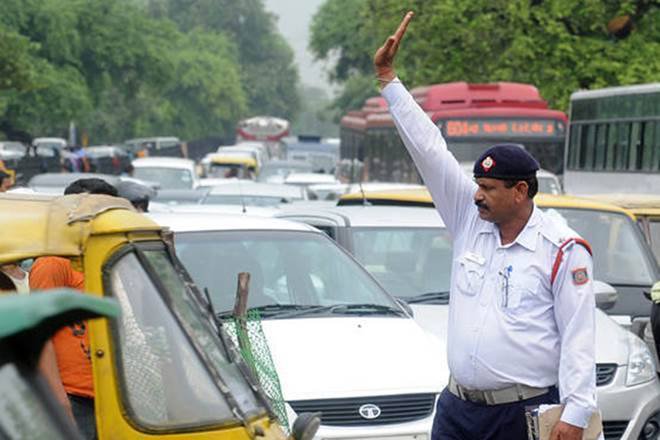
There’s also a high possibility that this just might lead to more bribes and line the pockets of the police. Cops might just let defaulters go by charging them a higher fine.
It’s no secret that most times, cops let errant drivers go after they pay an amount on the spot. Now, all defaulters have to go to court. However, that might not be enforced.
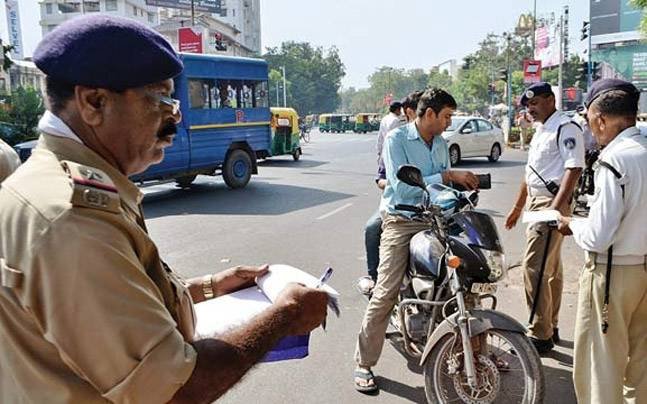
Our overburdened courts might also get an influx of new petty cases which it doesn’t have time to handle. While it’s an unfortunate situation, it’s also the reality of the matter.
Our courts of law are already overworked to the brim – petty cases go on for ages, and there’s an unimaginable backlog that still has to be worked through. If every motorist is forced to attend a hearing, things will get extremely complicated. While an ideal situation would mean a dangerous driver goes to court, the reality is far from it.
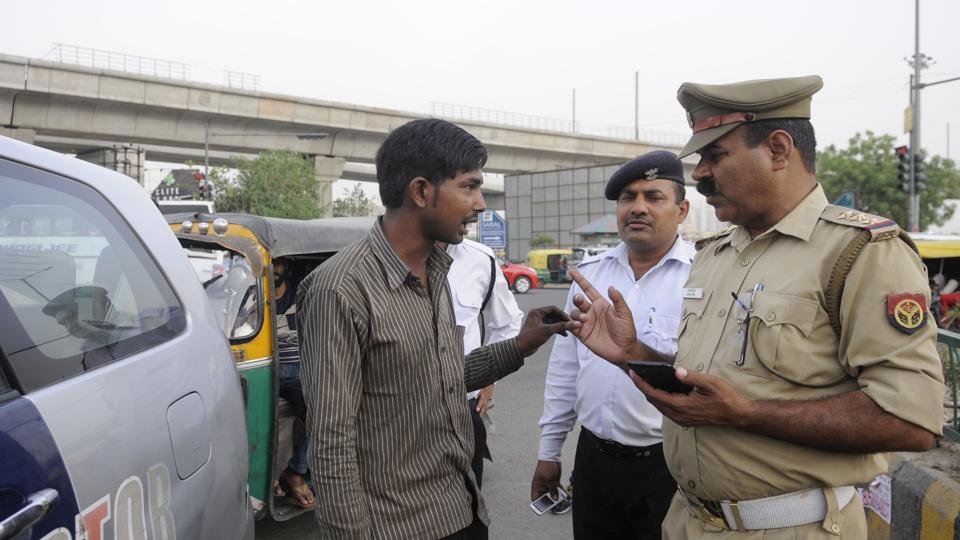
At the end of the day, helmets are for our own good; a pollution certificate guarantees the air we breathe is slightly better; and a valid license means people on the road are safe.
But humans are going to find a way to do things faster and more dangerously, which is why such extreme steps seem to have been put in place. For now, we can only wait, watch, and hope better sense prevails.

















